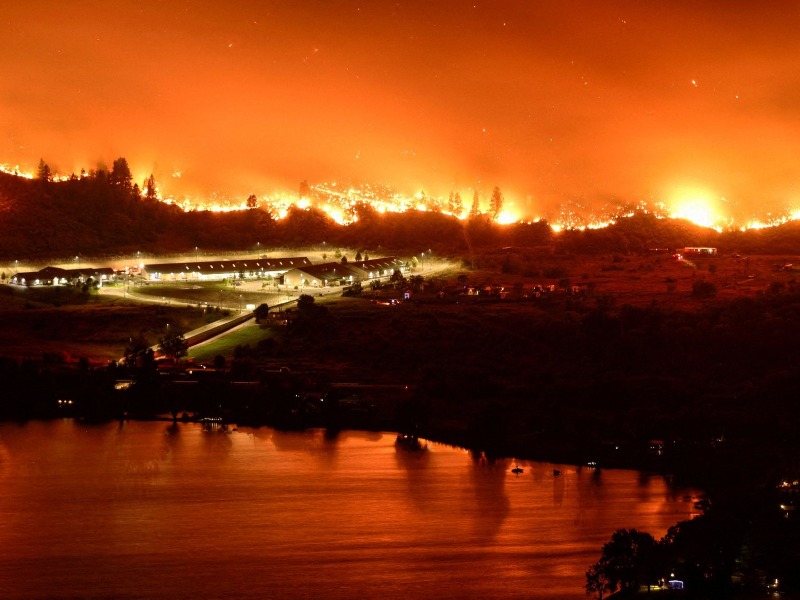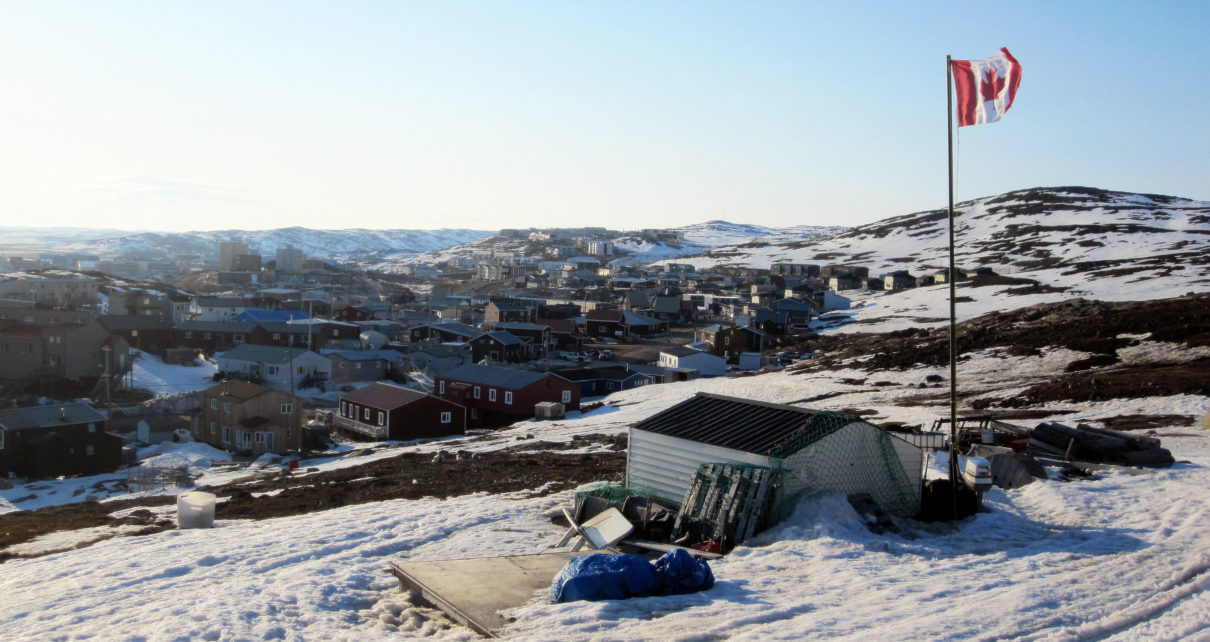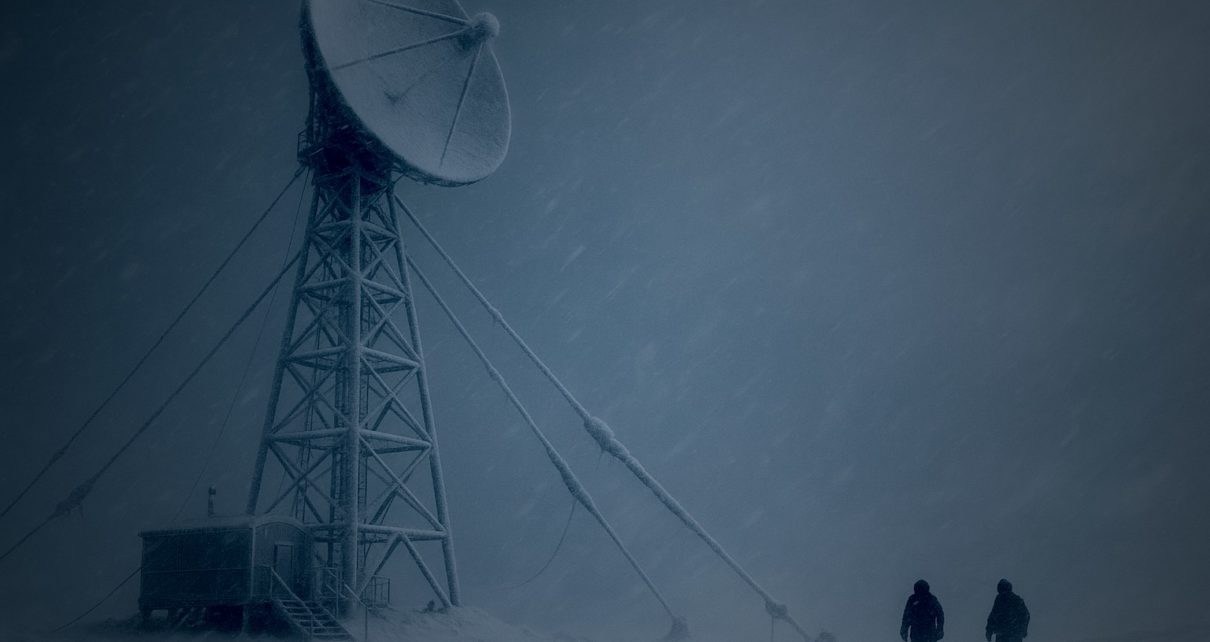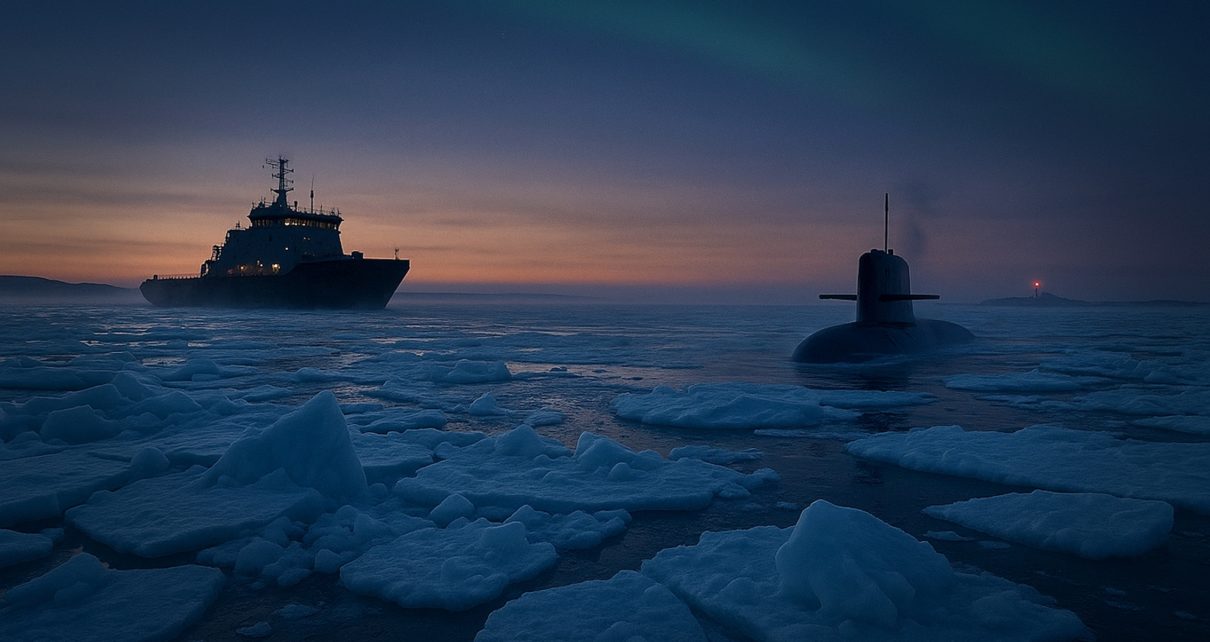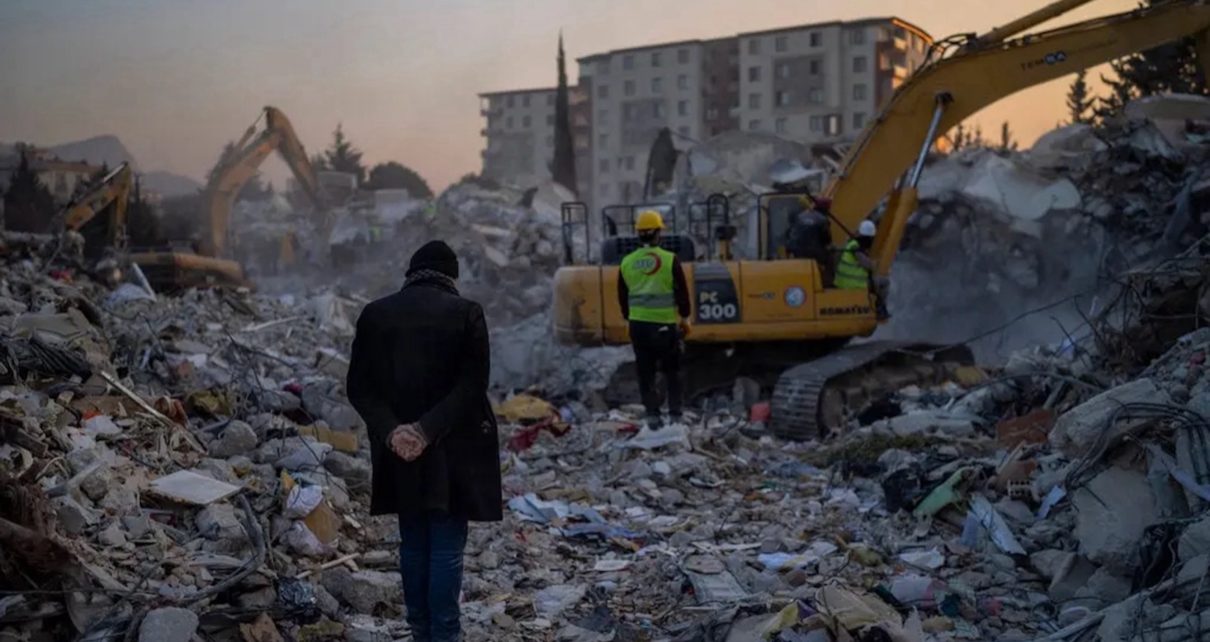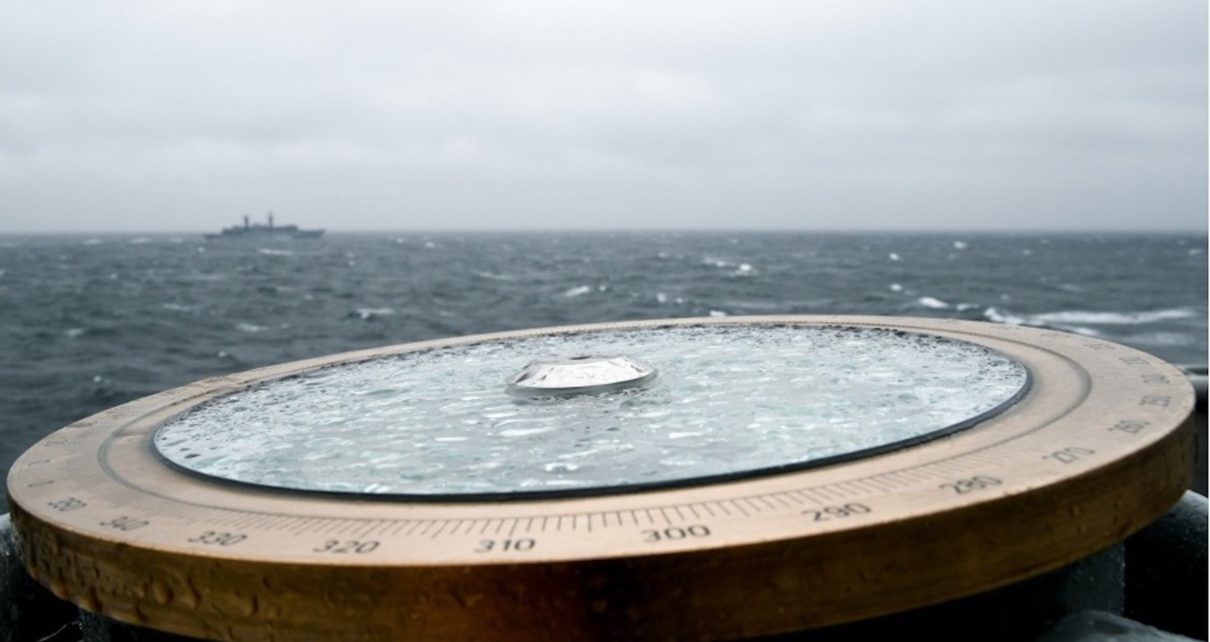Extreme weather in Canada has become both an environmental challenge and an information crisis. As record-breaking wildfires, floods, and heatwaves sweep across the country, Canadians are confronted with accelerating climate impacts and a parallel surge in misinformation and greenwashing that obscures the causes of these events, distorts policy debates, and weakens democratic cohesion. In recent Read More…
Tag: Climate change
POWER PLAY IN THE ARCTIC: Part 4 – A New Partnership Model for Sovereignty in the High North
*This is the fourth instalment of a six-part series. Canada faces a number of challenges beyond those experienced by the Canadian Armed Forces that have further contributed to its inability to project sovereignty and security into the Canadian Arctic. These challenges have included: low Arctic population density, vast uninhabited areas, small remote settlements, and significant Read More…
POWER PLAY IN THE ARCTIC: Part 3 – A Policy Prescription for Canada’s Arctic Defence
*This is the third instalment of a six-part series. Given the effectiveness of the Canadian Arctic’s harsh conditions as a deterrent against security threats, for most of its history, Canada’s defence of the Arctic has been sporadic at best. At present, although Joint Task Force North (JTFN) is tasked with northern operations, there are no Read More…
POWER PLAY IN THE ARCTIC: Part 2 – Dissecting the Arctic’s Power Struggles by State
*This is the second instalment of a six-part series. As each Arctic state strengthens its security and defence capabilities in the High North, there is likewise an overall intensification of geopolitical rivalries, an expansion of coastal states’ territorial and energy ambitions, increasing clashes of interest, and a corresponding potential for instability. Problematically, NATO lacks an Arctic policy, Read More…
POWER PLAY IN THE ARCTIC: Part 1 – From Isolation to Insecurity
*This is the first instalment of a six-part series. Although the Arctic’s extreme environment has historically been an effective obstacle to threats to Canada’s sovereignty and security, the region is now being reshaped by climate change. In 2007 alone, over 2.5 million square kilometres of ice melted in the Arctic Circle, leaving only half of that Read More…
The Green Helmets Initiative (GHI): Could the Canadian and other militaries in the world play a role in responding to increasing natural disasters driven by climate change?
The idea of military participation in responses to natural disasters is not new. Canadian and other militaries have often played a role in responding to natural disasters in Canada and abroad. However, the increase in the frequency and impact of natural disasters in the context of climate changes requires a new, bold response. The concept Read More…
Mineral Mania: Canada’s Critical Mineral Opportunity
At an increasing rate, critical minerals are at the forefront of international relations. Critical minerals are a hot topic not only in the business sphere but also the defence sphere.This is especially true now, with President Donald Trump pushing Ukraine to sign over its critical mineral rights to the United States. This demand is presented Read More…
Future-Proofing NATO: The Greenland Test
International society, once marked by predictable institutions and norms, is now increasingly marred by violations of international law and uncertainty. Near-daily disruptions, including territorial aggression and economic coercion, are undermining the global equilibrium upon which decades of peace and prosperity depended. The present utility of NATO lies in its ability to salvage the transatlantic bond, ensure cohesion among its members, and Read More…
How Climate Change-Related Disasters are Affecting Canadians and Trade Partners
In the wake of the first 12 month period to exceed a global average temperature of 1.5 degrees celsius, the world is seeing an increase in natural disasters related to climate change. From February 2023 to January 2024, the global temperature exceeded the average temperature prior to the industrial revolution by 1.52°C. The United Nations Read More…
Clear Gold: The Role of Fresh Water in Canada’s Global Strategy
What role will fresh water play on the global stage? More specifically, how will the scarcity of freshwater affect strategic decision-making, especially in Canada? With the dangers of climate change looming in everyday life – wildfires that devastated parts of Los Angeles are one prime example – it is important for countries to think about Read More…

